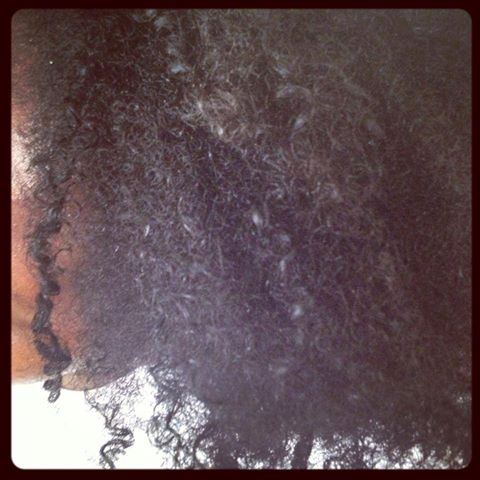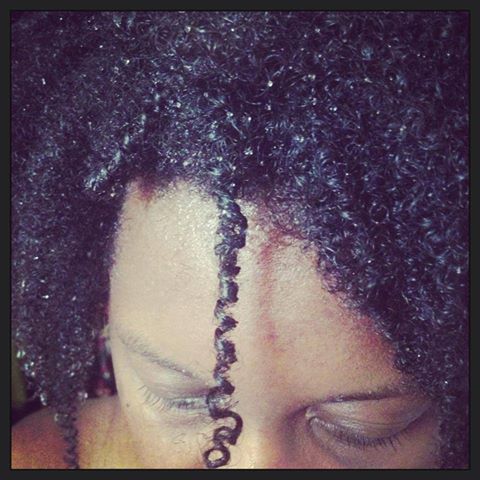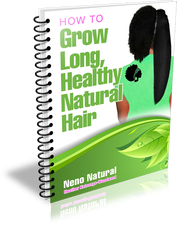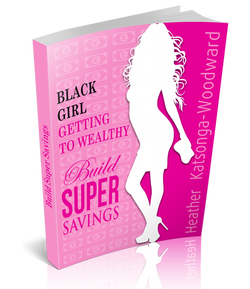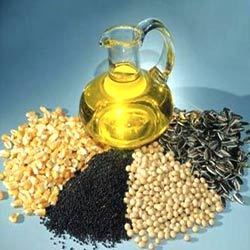
After a carrier oil or butter has been extracted it is usually refined in various ways to achieve the goals or requirements of a large scale user e.g. a food company or a cosmetics company.
Refining normally involves high temperature and chemicals. Refining may include some or all of the below: Degumming Removal of phospholipids (a type of fat) from an oil using water and centrifugation. This will also result in the loss of vitamins, minerals and the natural colour of the oil (chlorophyll). My research doesn't suggest that they are bad so I have no idea why degumming is necessary. I'll probably need to read further into this. Bleaching To change or remove the colour an oil is bleached. This produces a clear oil. Because oils and butters are natural substances an unrefined oil will vary in colour from one batch to the next. If a big company is selling to uneducated consumers (i.e. most people) they would rather just bleach and then dye the oils with a uniform colour. Nutrients are removed in the process. Common dyes include xanthophyll (a derivative of chlorophyll) and beta carotene. Deodorizing The oil is deodorised using steam distillation at a temperature of 232 degrees C (450F) for 30 to 60 mins. Winterizing Removal of natural waxes which can lead to a cloudy oil at low temperatures. Removal of fatty acids or taste and smell If the oil/fat is bound for the food industry it is frequently refined to remove taste and smell resulting a bland tasteless oil/butter. In addition, a high concentration of fatty acids can give an oil a bitter taste or even make the oil corrosive. The "acid value" shows how many fatty acids are in the oil. When the acid value is great than 5.0 it can burn the back of your throat and even corrode metal containers reducing the shelf life of any products that are made. Caustic soda is used to remove some of the fatty acids. The high temperatures involved in this process kill some of the nutrients and essence of the oil. Preserving Addition of antioxidants to extend the life - I'm okay with this. Replacement of vitamins and minerals To replace those destroyed during refinement - I am okay with this. It's better than destroying them and not replacing them although not bothering to over-refine would be even better. Conclusion A very refined oil or butter will have zero nutrients and will just be composed of various fatty acids. However, it can still be labelled as "pure" or "natural" or even "organic" provided it has met those criteria; organic does not mean unrefined, it generally just means chemical fertilisers, pesticides and other artificial chemicals have not been used in the farming of something. This is why I find those terms completely useless. It is better to go for an oil or butter that says "unrefined" or at least explain what sort of refinement the oil has gone through so that you know what you are buying. Some refining is beneficial - I am only concerned about refinement that reduces the nutritional value or purity of an oil. Finally, keep in mind that oils and butters extracted for making cosmetics may not be refined enough to eat!! 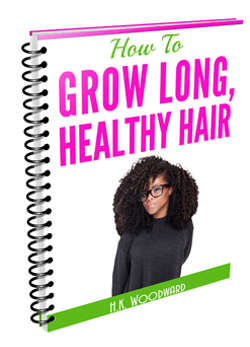
Get your FREE ebook on How To Grow Long, Healthy Natural Kinky or Curly Hair. You might also like: Ref: The Aromatherapy Encyclopedia by Carol Schiller & David Schiller; Carrier Oils by Len Price
Lindi
21/1/2014 10:07:23 pm
I absolutely love this hot oil installment. I wish you could import to South Africa.
Heather Katsonga-Woodward
24/3/2014 10:20:04 pm
Thanks. All in good time Lindi! Comments are closed.
|
I now blog about wealth creation - so if you have any money questions meet me there, you can do all sorts of cool things like leave me a voicemail.
By Heather Katsonga-Woodward
I was a natural hair blogger and mixtress living between London & Chicago from 2012 to 2017. I always thought I was 4C but some say 4B; images below - you decide! Heather xx Categories
All
Archives
November 2016
|

